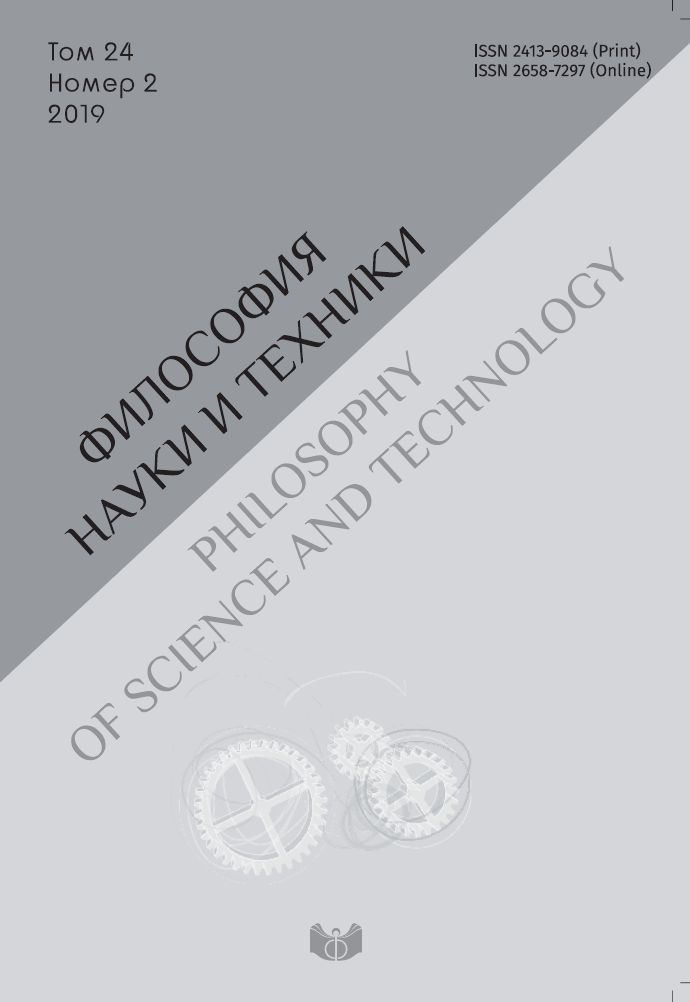Externalism and the theory of extended mind
DOI:
https://doi.org/10.21146/2413-9084-2019-24-2-33-42Keywords:
philosophy of mind, cognitvie science, cultural-historical psychology, externalism, embodied cognition, hypothesis of extended mindAbstract
The paper deals with the hypothesis of extended mind. In the last two decades the discussion of this hypothesis was inspired by Clark and Chalmers’ paper “The Extended Mind”. This hypothesis is explored within the context of externalist theories, developed in contemporary philosophy of mind and cognitive science. The paper examines the position of active externalism and shows the shortcomings of the argument in support of this position, proposed by Clark and Chalmers. At the same time, the work demonstrates that the cultural-historical psychology developed by Vygotsky is an alternative way to support the hypothesis of extended mind. It is proposed to designate the position of Vygotsky by the term “active social externalism”. This term helps us to distinguish Vygotsky’s approach from active externalism, defended by Clark and Chalmers, that does not pay attention to the social forms of development of cognition, and from Burge’s social externalism, that emphasized only the passive role of society in the formation of the content of mental states. The paper demonstrates how Vygotsky’s active social externalism avoids the problems faced by other externalist approaches to the explanation of mind. The paper follows R. Menary’s suggestion to distinguish two waves of arguments in support of the extended mind hypothesis. It concludes with the thesis that Vygotsky’s approach to understanding the nature of cognitive processes could very well be the basis for defending second-wave arguments in favor of the extended mind hypothesis.











